Index
Proposal
Non destructive testing
Impact Echo Method
Overall System
Hardware
Software

Proposal
Automated detection of cracks in solid concrete
The goal of this study was to develop an impact-echo device that can conduct automatic oscillation tests, process signals rapidly, and apply it to concrete object anomaly analysis. The system presented in this study comprises three parts, namely the impact device, the oscillator circuit, and signal processing software.
Problem Outline
Different possible applications

Nondestructive testing
Methods/Systems
Nondestructive testing (NDT) is the process of inspecting, testing, or evaluating materials, components or assemblies for discontinuities, or differences in characteristics without destroying the serviceability of the part or system. In other words, when the inspection or test is completed the part can still be used.
Impact echo
Impact Echo is a method for nondestructive evaluation of concrete and masonry. It is based on the use of impact-generated compression waves that travel through the structure and are reflected by internal flaws and external surfaces.
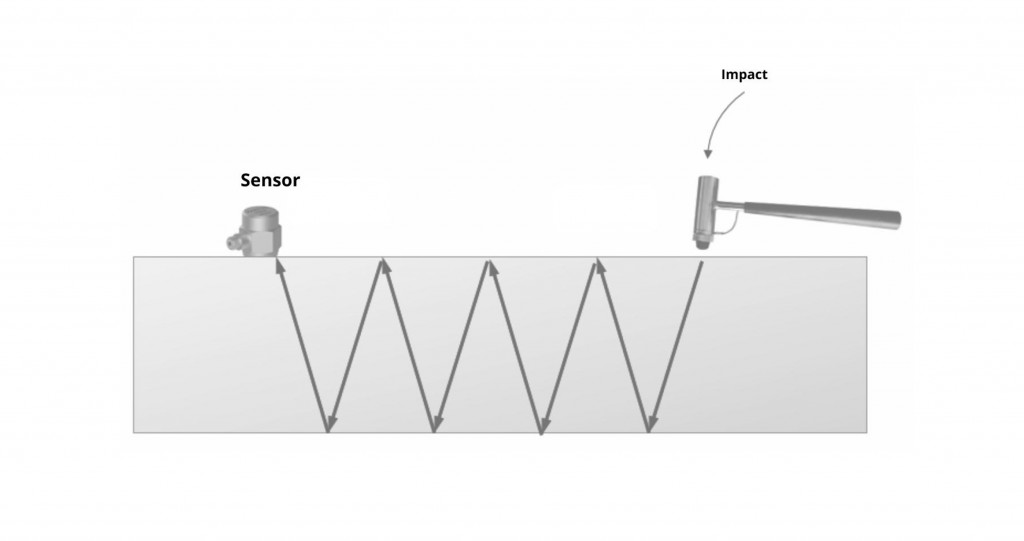
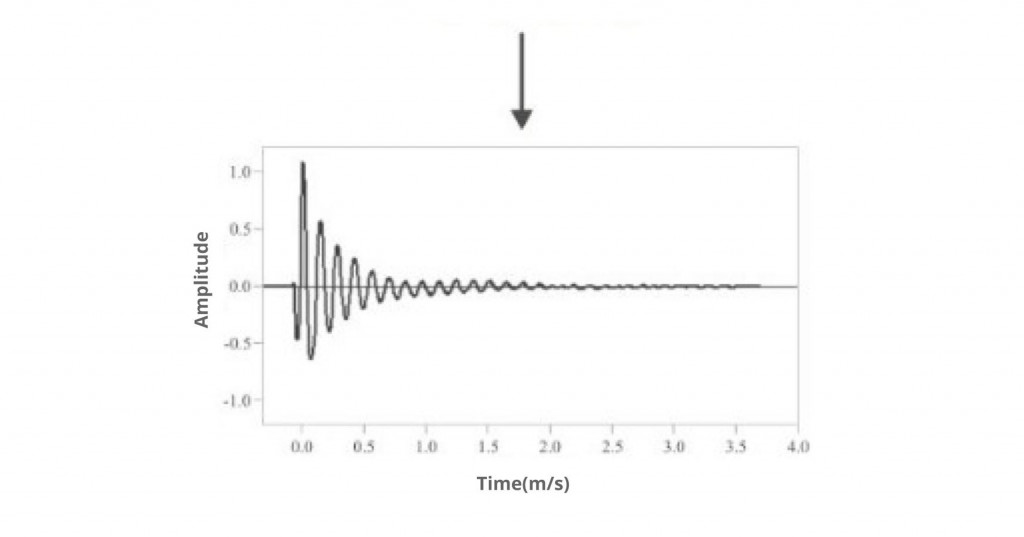
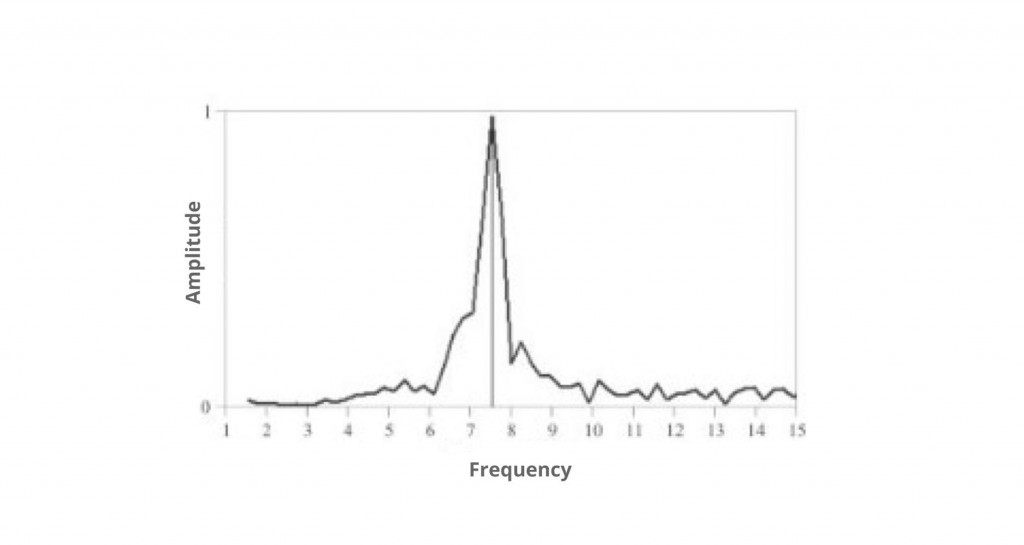
Advantages & Applications
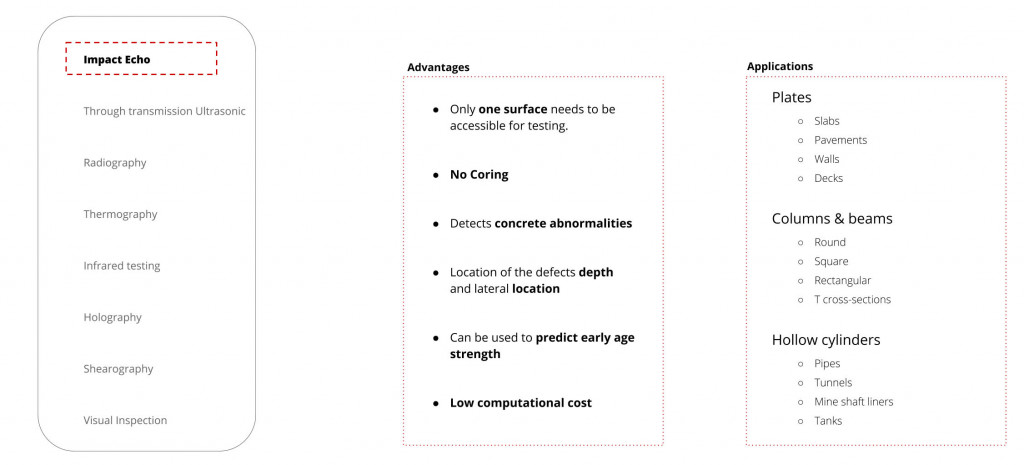
Detection

Overall system

Requirements
- Arduino Uno
- Piezoelectric sensor
- Bestep JQC3F03VDC-C Relay wiring
- Solenoide lineal JF-0530B DC 6V
- Preamp HiLetgo 5pcs LM38
- TRS Audio Cable
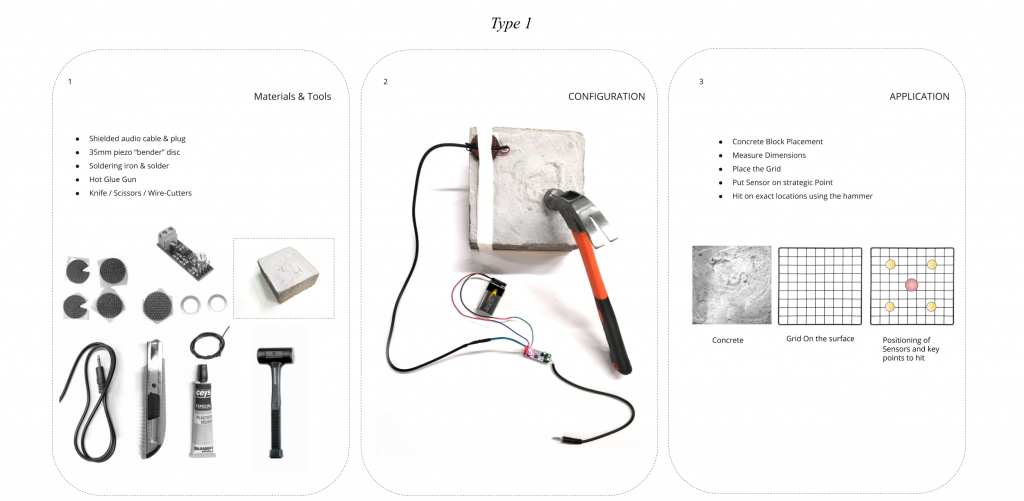
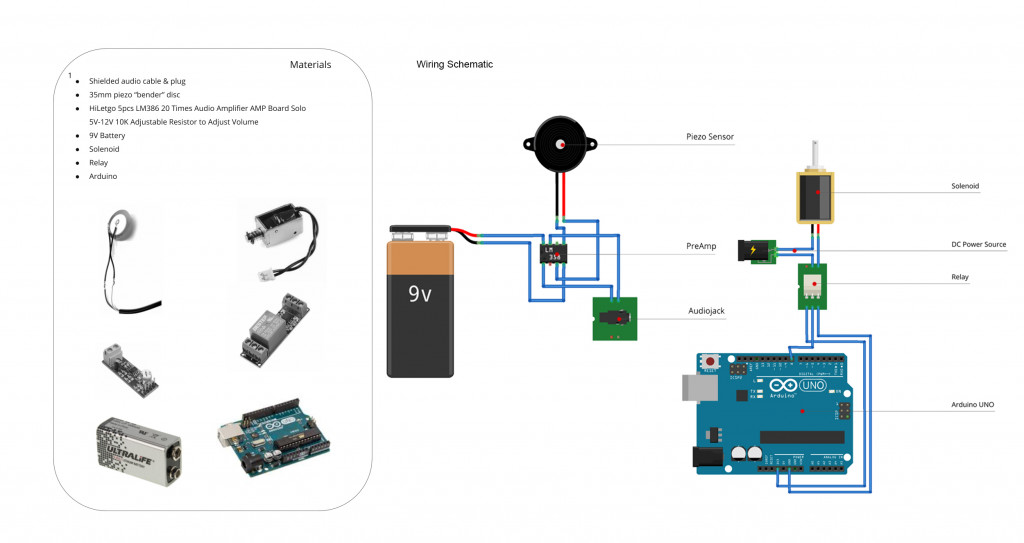
Setup
Measure Dimensions
Generate the Grid
Put Sensor on strategic Point
Hit on exact locations using the Solonoid
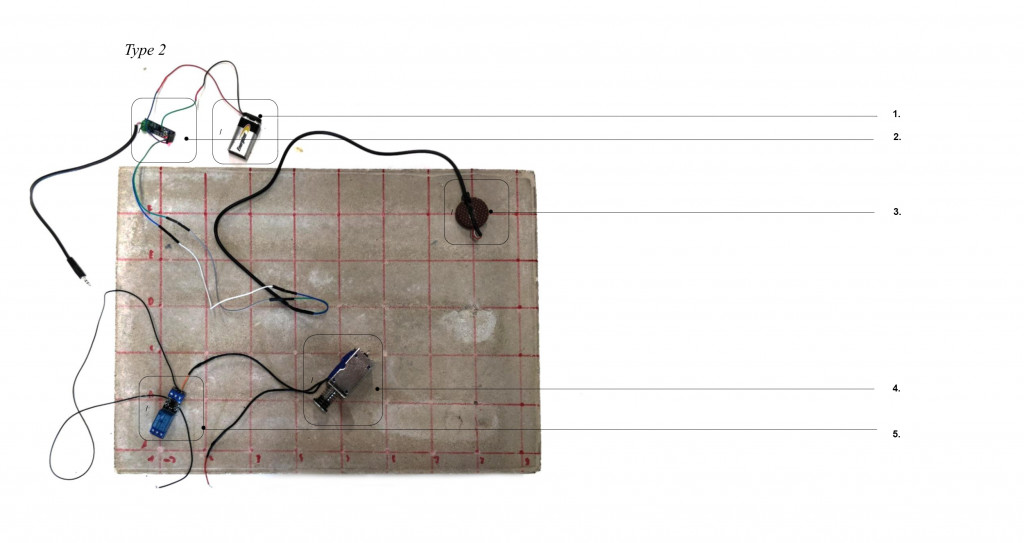
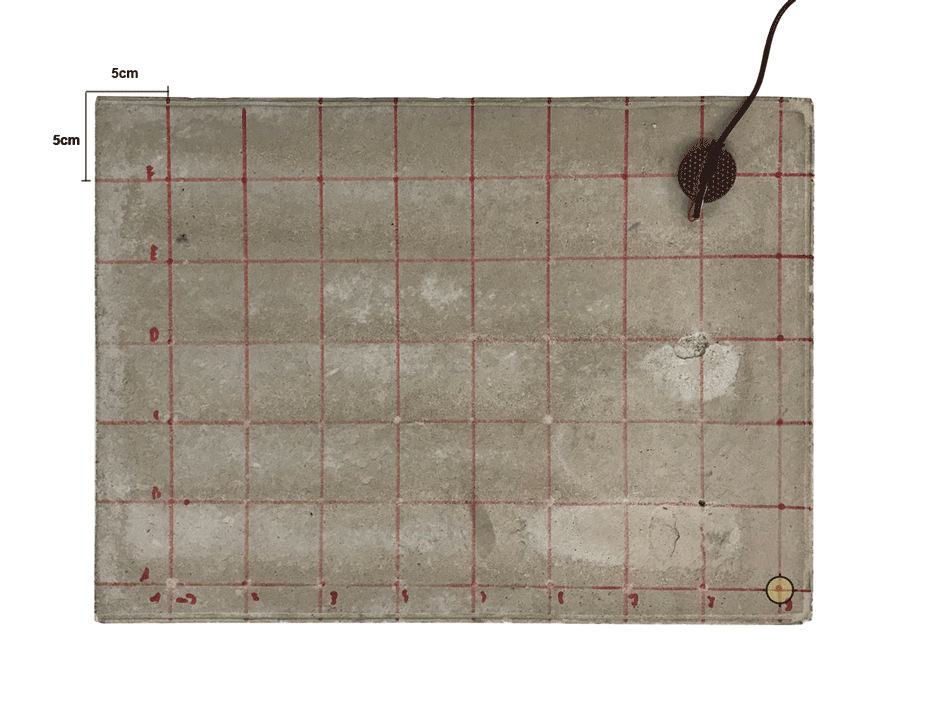
Software

Audacity
Recording Generation & First Visualisation

De noising recording
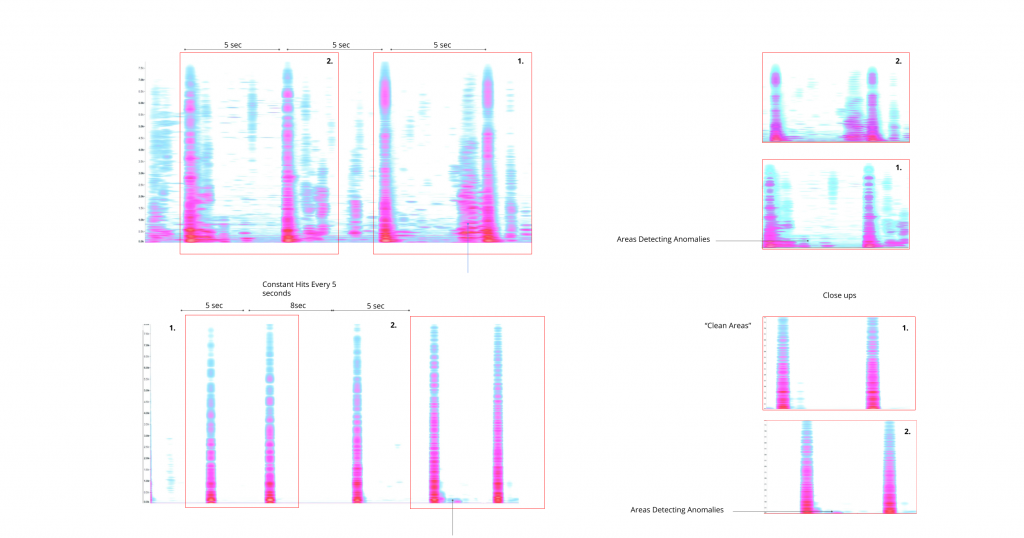
Identifying Anomalies
* Audacity
Signview
3d Spectrogram
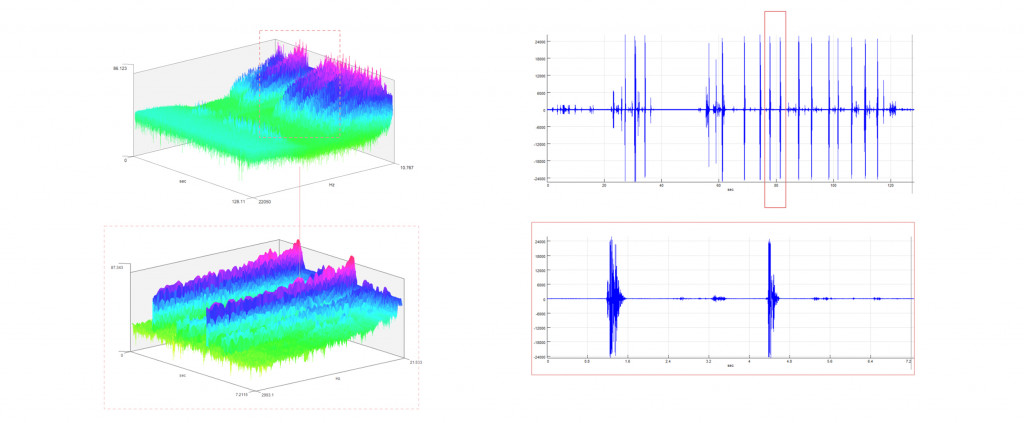
Spectrogram
Visual representation of the spectrum of frequencies of a signal as it varies with time.
* SignView
Matlab

C = Distance (Sensors) / Mean (deltaT)


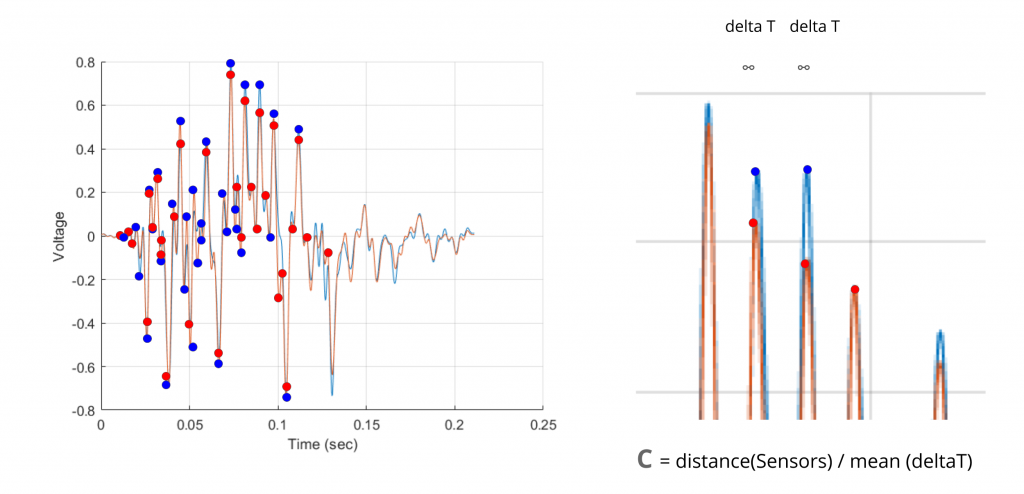
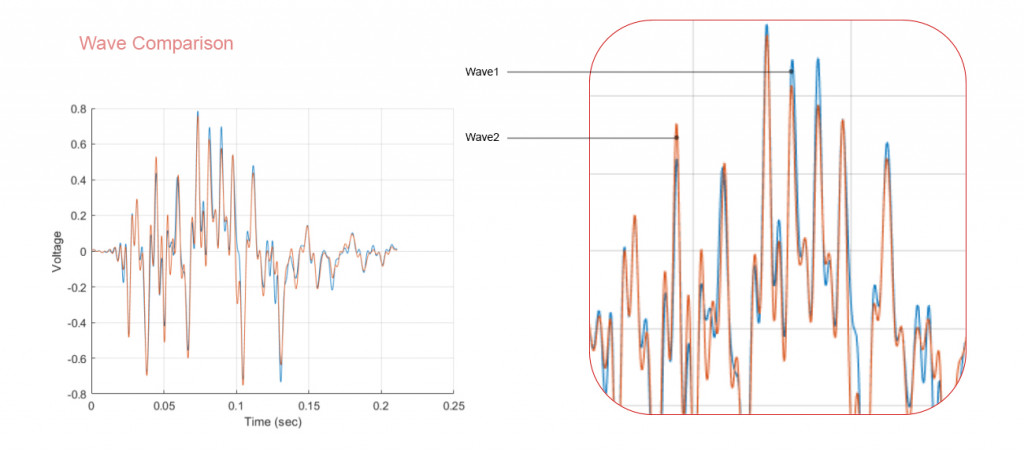
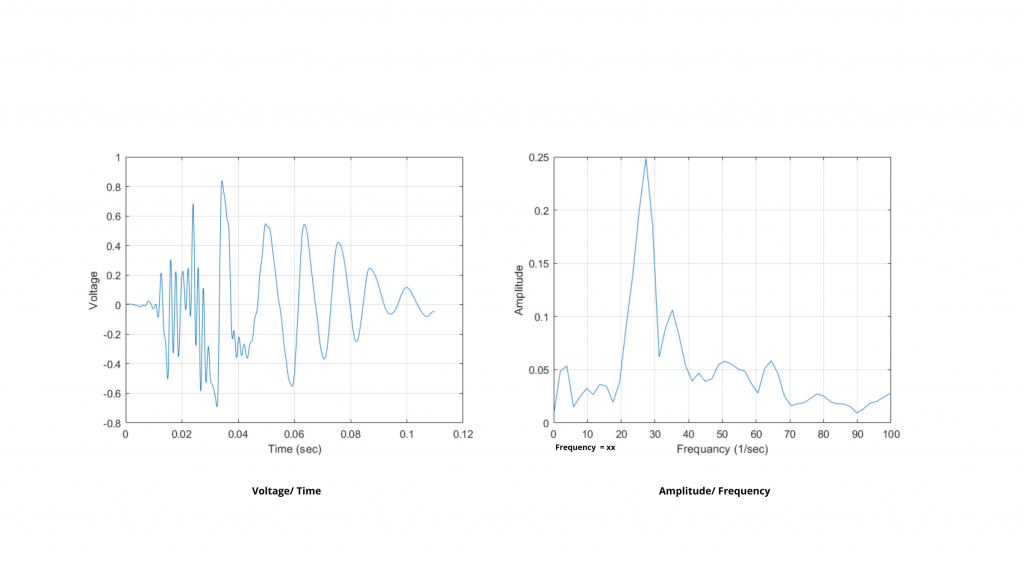
Grasshopper

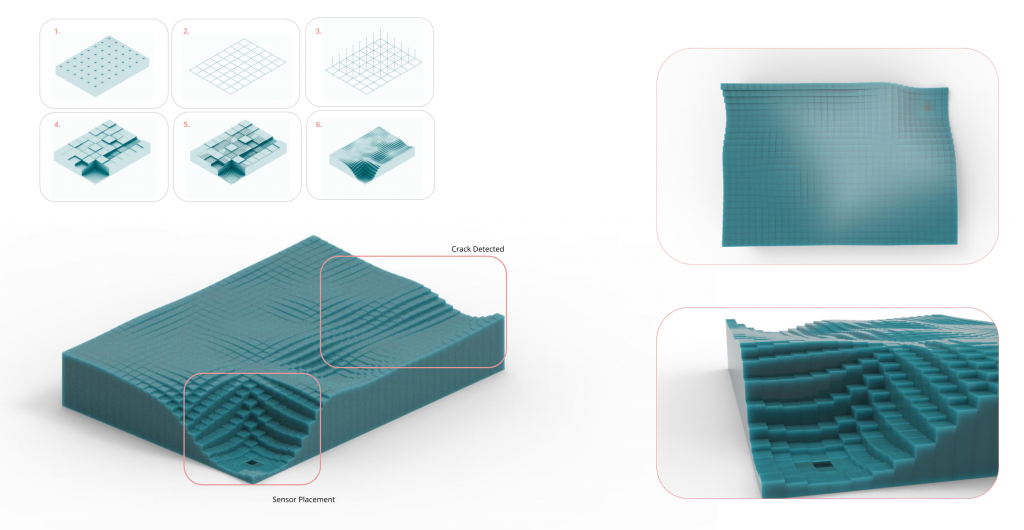
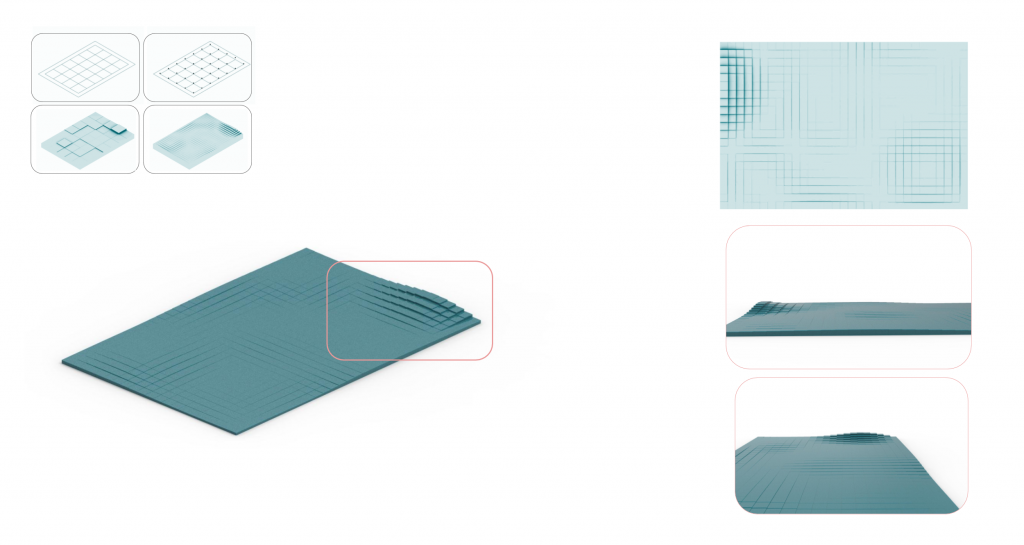
Alternative Visualisation
Python

Experimentation – Visualisation
Tangible Python Library Experimentation
Tangible is a modular Library system with an intermediate representation of objects for soundwave 3d representation.
Future Research – Alternatives

Automated Echo crack detection is a project of IaaC, Institute for Advanced Architecture of Catalonia developed at Masters of Robotics and Advanced Construction in 2019-2020 by Students: Cedric Droogmans, Luis Jayme Buerba, Abdelrahman Koura & Alexandros Varvantakis, Faculty: Angel Muñoz & Lisa Fantini.